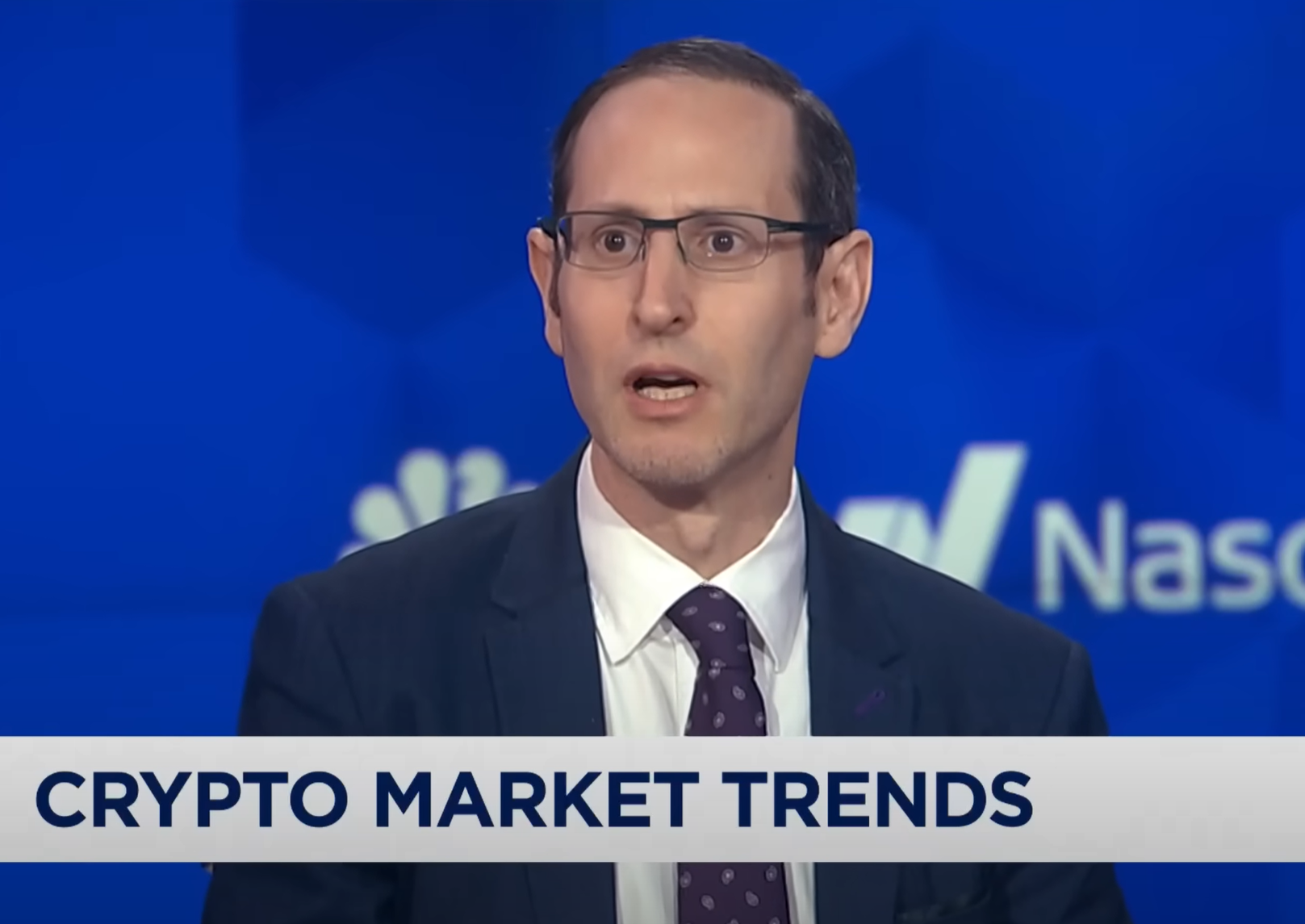Bitcoin and other cryptocurrencies are currently booming. We are in the midst of a crypto bull market that some say could persist throughout this year. Americans are starting to wake up to the opportunities being presented and are looking to beef up their portfolios with crypto.
An article on Newsweek recently highlighted how Americans were taking advantage of the huge gains to be made by cryptocurrency, by including it in their financial portfolios.
The article featured a survey by the New York Digital Investment Group (NYDIG). The survey was on how Americans would consider adding cryptos to their portfolios in the shape of annuities and life insurance etc, and around 90% of those surveyed said that they would be interested in these products if they had some link to Bitcoin.
53% of those surveyed said that they didn’t own digital assets, but of those, 55% said that they would consider adding cryptocurrencies to their portfolio.
Bitcoin is still considered a volatile asset, and to include it in a stable financial product such as insurance does seem to be counter intuitive. Experts would certainly argue this point. However, in spite of this, and perhaps as a result of the huge media interest in cryptocurrency, those surveyed wanted to have some exposure to the massive gains taking place in this market.
The survey asked if respondents would be happy if their insurance carrier invested up to 2% of its cash in Bitcoin. 43% said that was acceptable, while 42% would give it consideration. Only 15% didn’t like the idea.
The survey used a sample of just over a thousand Americans with an average income of at least $50,000. It was conducted on March 22 by the company Survey Monkey. Error margin was plus or minus 3.1%.
Even though the crypto market continues to rise unabated, using cryptocurrency in these kinds of financial products is still a rather arguable use case.
Straightforward investment might appear to be the safest way to go, but as cryptocurrency market caps approach similar valuations to the top banks and other major financial institutions, then having some exposure to crypto in general financial products such as insurance should become far more prevalent.
Disclaimer: This article is provided for informational purposes only. It is not offered or intended to be used as legal, tax, investment, financial, or other advice.
Credit: Source link























